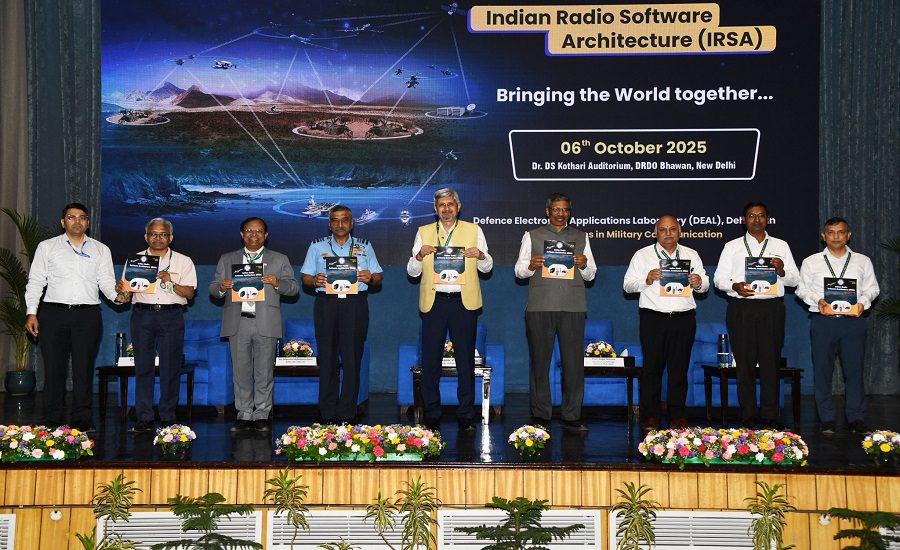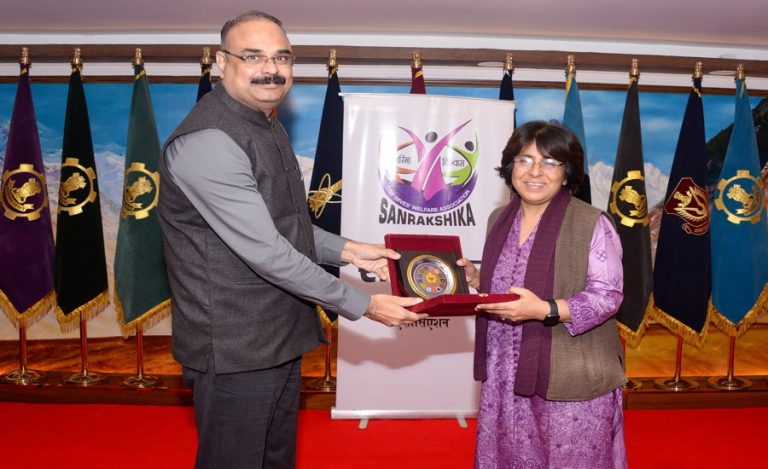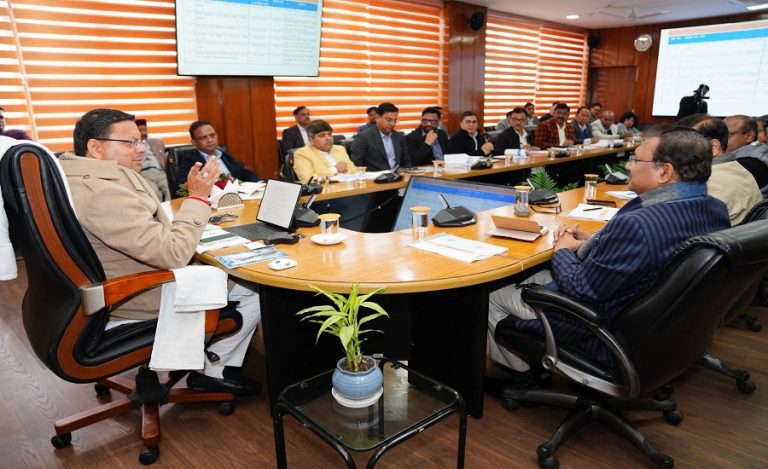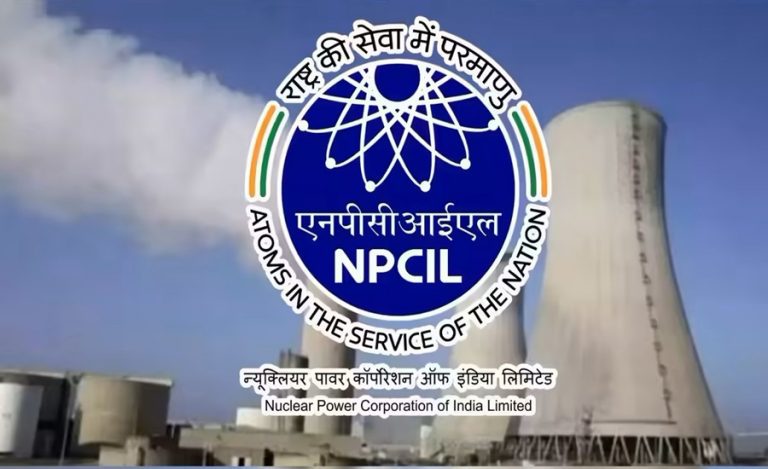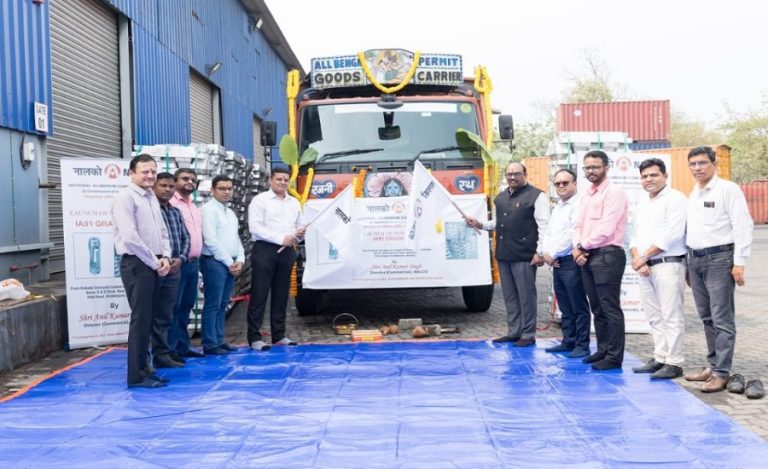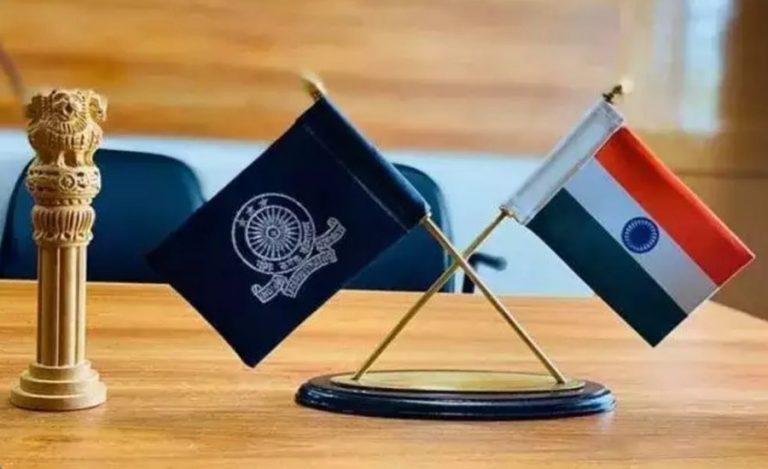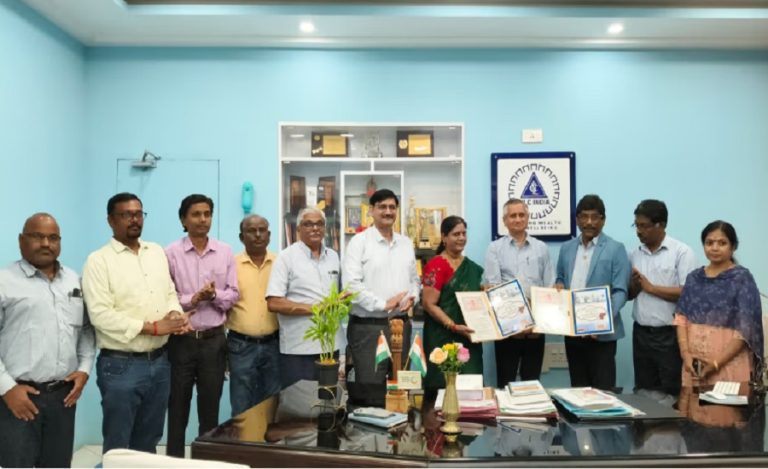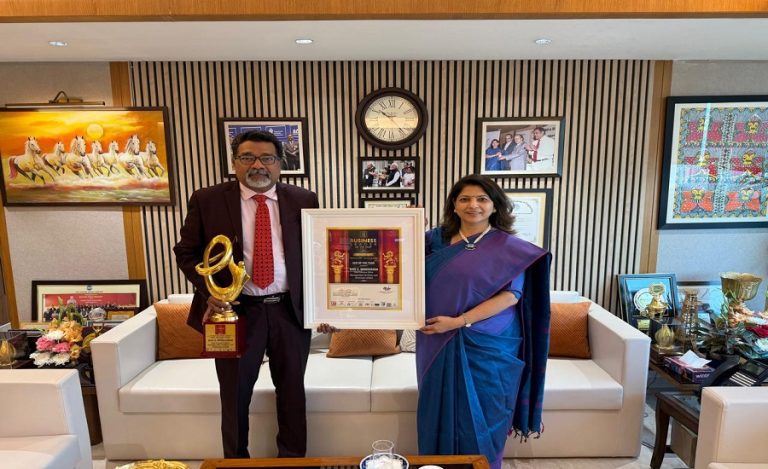New Delhi: In a major step toward achieving self-reliance in defence communication technology, the Defence Research and Development Organisation (DRDO), in collaboration with the Integrated Defence Staff (IDS) and the Tri-Services, has officially launched the Indian Radio Software Architecture (IRSA) Standard 1.0. The landmark development was announced during a national workshop held at DRDO Bhawan, New Delhi, on October 6, 2025.
The event witnessed the presence of top defence and academic dignitaries, including Dr. Samir V. Kamat, Secretary, Department of Defence R&D and Chairman of DRDO, as the Chief Guest. Air Marshal Ashutosh Dixit, Chief of Integrated Defence Staff, and Dr. Rajat Moona, Director, IIT Gandhinagar, were present as Guests of Honour.
What is IRSA 1.0?
IRSA is India’s first national software specification for Software Defined Radios (SDRs). It defines standardized interfaces, APIs, execution environments, and waveform portability protocols to ensure:
- Interoperability across platforms and services
- Seamless communication among the Army, Navy, and Air Force
- Certification and conformance for all SDR-based systems
The architecture is designed to be flexible and evolve with emerging operational requirements, future-proofing India’s defence communication systems.
A National Milestone in Defence Tech
The DRDO emphasized that IRSA 1.0 is a foundational milestone in India’s efforts to build indigenous, interoperable, and future-ready defence communication technologies. The specification was crafted under the guidance of Dr. BK Das, Director General (ECS), DRDO, and approved by the High-Level Advisory Committee (HLAC) earlier this year.
“This initiative represents a system built in India, for India, and ready for the world,” DRDO noted in an official statement.
From Vision to Reality: The Journey of IRSA
The journey began in 2021, with growing awareness of the strategic importance of SDRs in modern warfare. In 2022, DRDO, along with IDS and Tri-Services, began formulating a unified standard to address critical operational requirements. After multiple consultations and technical reviews, IRSA 1.0 received final approval in 2025.
Stakeholder Engagement and Future Roadmap
The national workshop highlighted the technical framework of IRSA, shared its evolution roadmap, and opened the floor for collaboration between:
- Armed Forces
- Defence Public Sector Undertakings (DPSUs)
- Industry players
- Academia and research institutions
Participants also discussed opportunities for pilot projects, standard adoption strategies, and integration of next-generation technologies into the IRSA framework.
Global Ambitions and Export Potential
India now aims to position IRSA as a global benchmark for SDR architecture. The IRSA-compliant systems could be marketed to friendly foreign nations, offering a secure and interoperable communication solution built on Indian expertise.
With IRSA 1.0, India strengthens not only its national security architecture but also takes a significant step toward becoming a global leader in defence communication technology.

